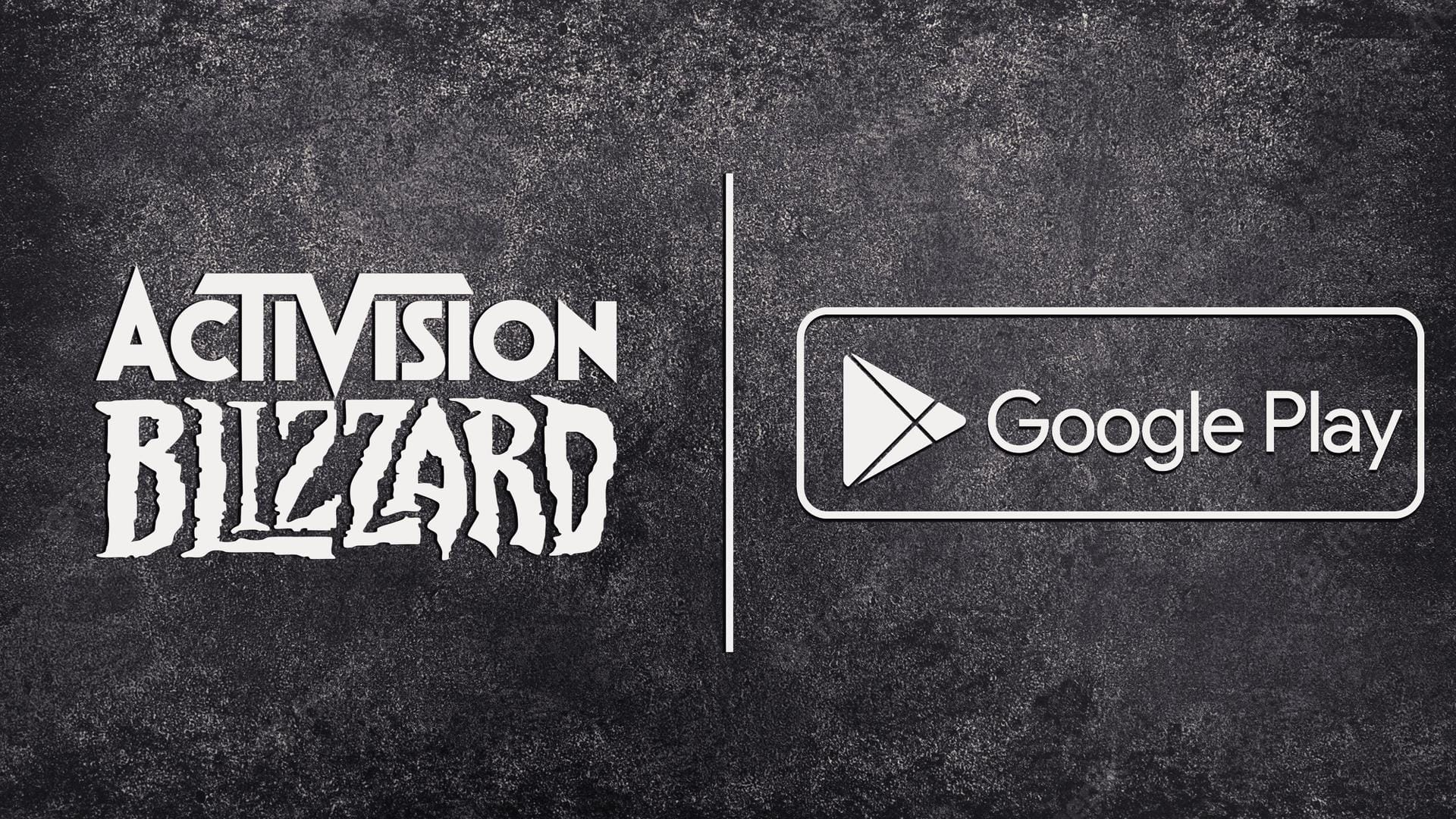
Google paid Activision Blizzard to prevent Play Store rival: Epic
What's the story
Epic Games' anti-trust lawsuit against Google has taken an unexpected turn. According to court filings, Google paid Activision Blizzard $360 million to stop them from competing against Play Store.
The deal was part of 24 agreements signed by the search engine giant as part of its 'Project Hug' initiative.
According to court documents, Google also paid off Riot Games.
Context
Why does this story matter?
'Google' and 'anti-trust' are two words that are seen together more often than they should. If Epic Games' amended complaint against Google is true, it is a clear violation of the Sherman Anti-Trust Act.
Considering how Activision was struggling at one point and Google's desire to avoid another Fortnite situation, the allegations are not out of the realm of possibilities.
Lawsuit
Google allegedly stopped developers from distributing apps outside Play Store
Google's Project Hug, later known as Apps and Games Velocity Program, came to light in 2021 after Epic claimed in a complaint that Google paid off app developers millions to make them stay in the Play Store.
In an amended complaint, Epic now alleges that deals under the project prevented developers from opening a competing store or distributing apps outside of the Play Store.
Deals
Google allegedly paid Riot Games, Nintendo, Ubisoft
As per the court documents, Google paid Activision Blizzard $360 million over three years and $30 million to Tencent Holding's Riot Games over one year.
Epic alleges that Google paid them to stop them from opening their own in-house app stores. According to Epic, these deals are part of 24 deals under Project Hug.
Response
Activision Blizzard and Google denied allegations
Google and Activision denied Epic's allegations. "Google never asked us, pressured us, or made us agree not to compete with Google Play," said an Activision spokesperson. "Epic's allegations are nonsense."
Google called Epic's allegations baseless and full of mischaracterizations. It said that programs like Project Hug are to provide developers with incentives to keep them satisfied with Play Store.